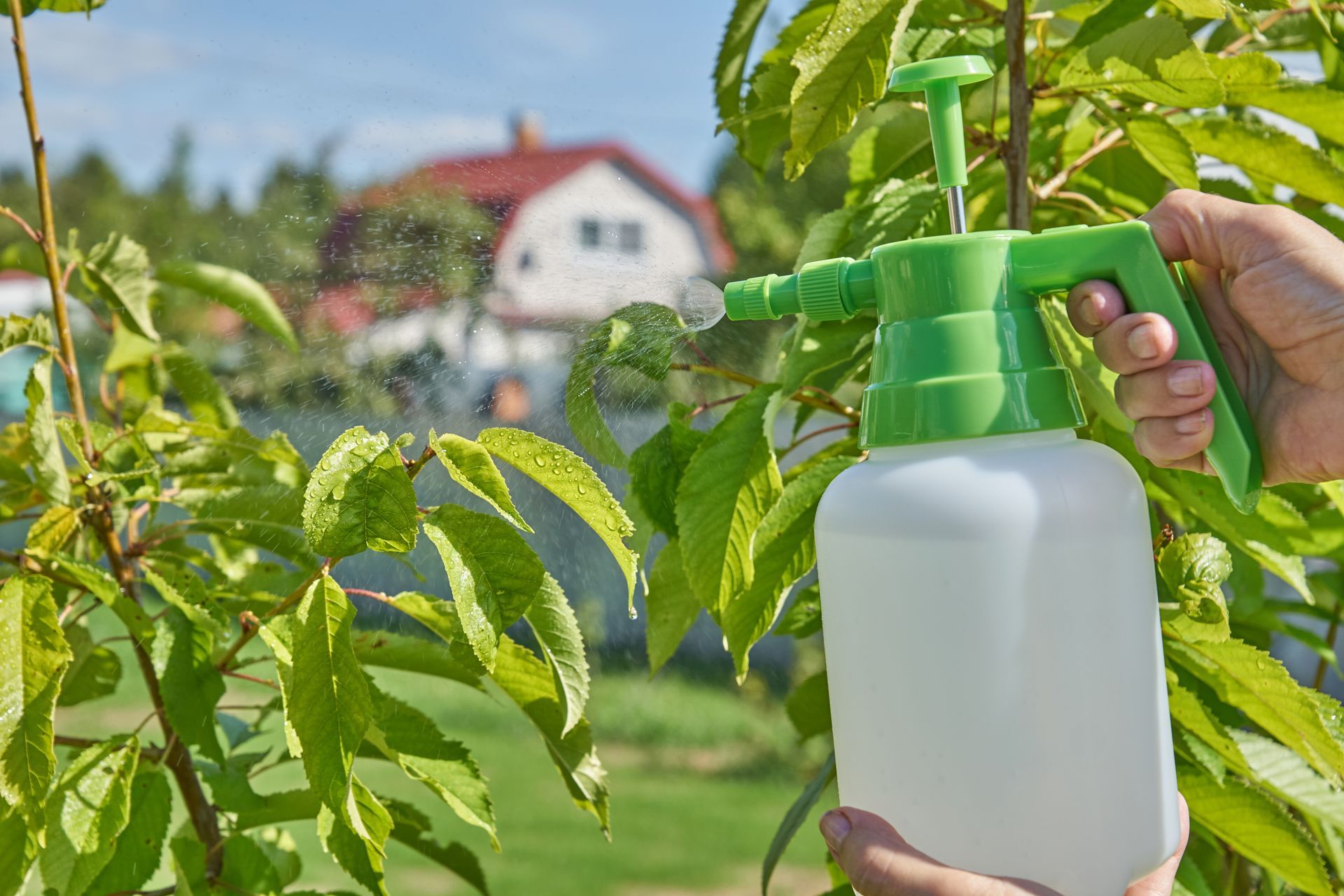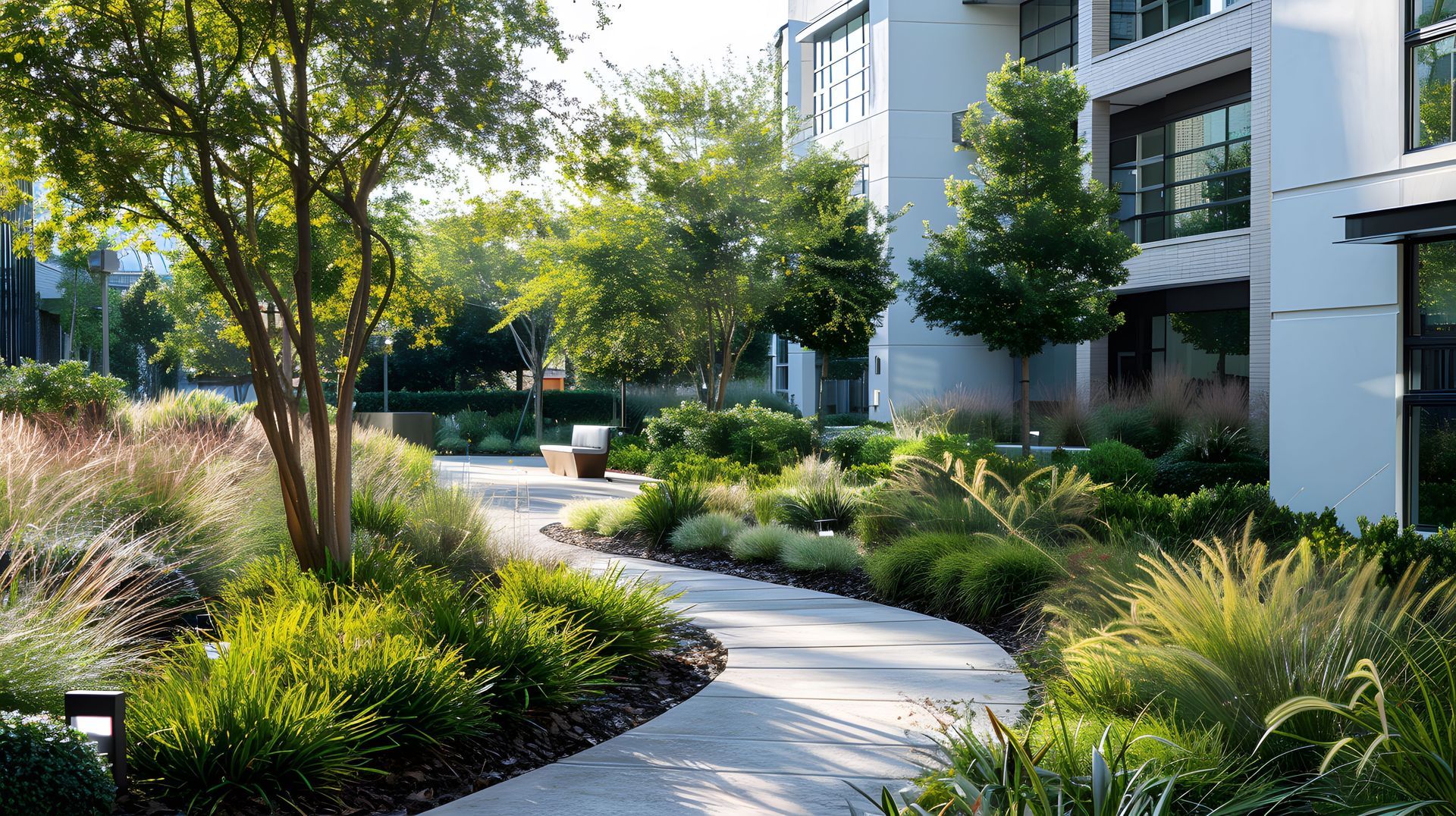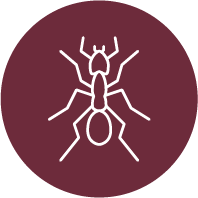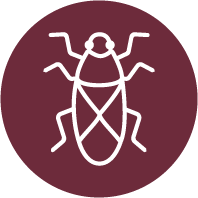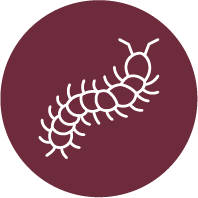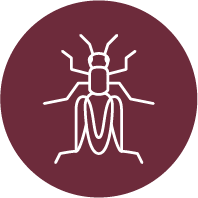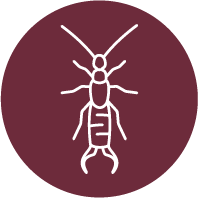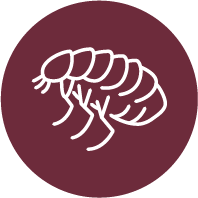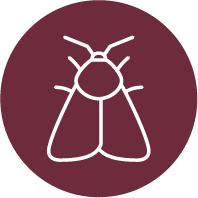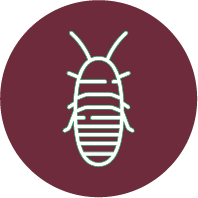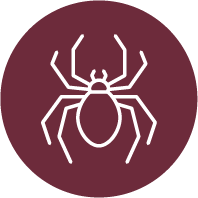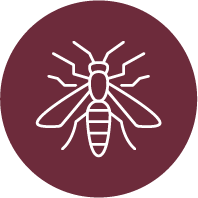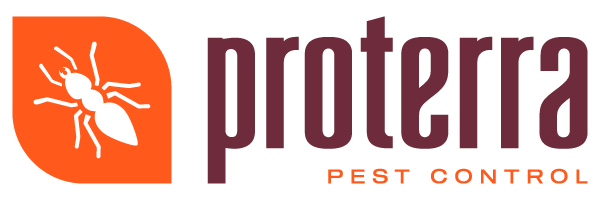Strategies for Effective Spider Prevention
In the realm of pest control, there exists a comprehensive resource that offers practical strategies and expert solutions for preventing spider infestations. With a focus on proactive measures and professional-grade solutions, it equips readers with the knowledge and tools needed to effectively protect their homes from these unwanted arachnids.
Understanding Spider Behavior and Habitats
Anyone living in the Tri-Cities area of Washington knows that encounters with spiders are all but inevitable. Gaining an understanding of what attracts these eight-legged visitors to homes can make it easier to keep them at bay. Various factors play into why spiders may choose your home as their next residence, ranging from the quest for food to seeking shelter.
Spiders enter homes primarily in search of prey. Insects that gather around lights or in cluttered areas of a house serve as the main food source for spiders, naturally drawing them into these environments. Spiders seek sheltered and undisturbed spaces to lay their eggs and web, making less frequented areas of homes, such as attics and basements, prime real estate for these arachnids.
In the Tri-Cities area, homeowners may encounter several common types of spiders. Among them, the Hobo Spider, the Black Widow, and the House Spider are the most prevalent. While most spiders pose little to no threat to humans and are beneficial in controlling pest populations, species like the Black Widow have venomous bites that can be harmful, underscoring the importance of spider prevention within the home.
Understanding the seasonal patterns affecting spider activity can be crucial in prevention efforts. Spider populations often increase in the late summer and fall as they enter homes seeking warmth and breeding grounds. This period is particularly crucial for homeowners to ramp up their prevention strategies.
By becoming familiar with the behaviors, common species, and seasonal trends of spiders in the Tri-Cities area, residents can better prepare themselves to deter these eight-legged trespassers. Identifying and addressing the key factors that attract spiders to homes is the first step in keeping them at bay and maintaining a spider-free living environment.
Proterra Pest Control specializes in managing these and other pests in an eco-friendly manner. With a deep understanding of local spider species and their behaviors, Proterra offers comprehensive solutions to keep homes in the Tri-Cities area spider-free. Remember, knowing what attracts spiders is the first step in preventing them.
Identifying Conducive Conditions for Spiders
To effectively prevent spider intrusions, identifying and eliminating conditions that are conducive to spider habitation is crucial. Cluttered spaces such as garages, attics, and basements offer the perfect shelter for these arachnids, providing them with ample hiding spots. Regular decluttering and organization of such areas can significantly reduce spider populations by removing their preferred habitats.
Moisture is another key factor that attracts spiders and their prey inside homes. Areas with high humidity levels, such as bathrooms, basements, and kitchens, are particularly appealing. Ensuring proper ventilation and fixing leaks can help in controlling moisture levels, making your home less inviting to spiders.
Outdoor lighting can inadvertently attract insects, which in turn, entice spiders. Considering the use of sodium vapor light bulbs outside or positioning lights away from the house can reduce the number of insects and consequently, spiders, that are drawn to the area.
Housekeeping Practices to Discourage Spider Entry
Maintaining cleanliness is another effective strategy for deterring spiders. Regular vacuuming and dusting can remove spiders, webs, and egg sacs. Paying special attention to corners, under furniture, and other less-visited spots can prevent spiders from establishing their territories.
Sealing cracks and gaps around doors, windows, and foundations with caulk or weather stripping eliminates entry points for spiders into the home. Ensuring that window screens are intact and installing door sweeps can also be beneficial.
Proper storage and
disposal of trash and food sources are essential in minimizing insects that spiders feed on. Using airtight containers for food storage and regular trash disposal can significantly reduce the presence of spider prey.
Natural and Chemical-Free Deterrents
For those seeking chemical-free spider prevention methods, essential oils like peppermint, tea tree, and lavender have been found to repel spiders when applied around potential entry points and areas of spider activity. Similarly, planting eucalyptus and citronella in and around the home can deter spiders due to their strong scents.
Diatomaceous earth, a naturally occurring sedimentary rock, can be sprinkled in areas where spiders frequent to effectively keep them away. Its abrasive texture is harmless to humans but fatal to spiders and insects.
Implementing these strategies can create an environment that is less attractive to spiders, effectively reducing their presence in and around your home. Combining these practices with professional perimeter treatments can ensure a comprehensive approach to keeping your home spider-free.
Professional Perimeter Treatments: The Ultimate Defense
While DIY strategies for repelling spiders serve as effective immediate solutions, securing long-term protection often requires a more robust defense against these eight-legged intruders. This is where professional perimeter treatments come to the forefront. Proven to be an essential measure for homeowners in the Tri-Cities area, these treatments comprise a barrier that deters spiders before they can enter your home.
Professional perimeter treatments involve the application of safe, powerful, and eco-friendly solutions around the exterior of a property. Targeting key entry points and potential habitats, these treatments act as a comprehensive shield, keeping spiders and other pests at bay. Not only do they eliminate existing populations, but they also prevent future infestations.
Environmental consciousness is a primary concern for many homeowners considering perimeter treatments. It’s reassuring to know that many pest control professionals prioritize eco-friendly methods that are safe for both humans and pets. These treatments offer peace of mind, knowing that the health of your family and the sustainability of your environment are not compromised.
The importance of consistency with these treatments cannot be understated. Regular inspections and follow-up applications ensure that homes remain protected year-round, adapting as necessary to changes in spider behavior and activity.
Homeowner Testimonials on Successful Prevention Strategies
To shed light on the effectiveness of combining professional treatments with DIY strategies, several Tri-Cities area residents share their success stories.
Linda, a Kennewick resident, attests to the dramatic change in her home’s spider situation. “After dealing with dangerous Hobo Spiders for years, we finally invested in professional perimeter treatments. The difference was night and day. Pairing these treatments with regular de-cluttering and essential oil sprays has kept our home spider-free for over a year now.”
Similarly, Mike from Richland highlights the importance of ongoing prevention. “I used to find spiders in my house almost every day. After starting perimeter treatments and making sure to seal all entry points, I’ve hardly seen any. It’s been a game-changer.”
These testimonials highlight a crucial aspect of spider prevention - a multifaceted approach combining both DIY efforts and professional services yields the best results. By understanding spider behavior and habitats, tackling conducive conditions head-on, and securing homes with professional perimeter treatments, residents in the Tri-Cities area can enjoy a safer, spider-free environment.
Preventing spider intrusions requires a balanced approach. While natural deterrents and housekeeping practices lay a solid foundation, professional perimeter treatments ensure long-lasting protection, as endorsed by local homeowners. Together, these strategies form a comprehensive defense against eight-legged trespassers, securing the comfort and safety of your home.
Ready to fortify your home against spiders and enjoy the peace of mind that comes with a pest-free environment? Proterra Pest Control is here to help, offering eco-friendly and effective perimeter treatments tailored to the Tri-Cities area.
Contact us today and take the first step towards a spider-free home.
